5 Signs You Might Benefit from Trauma Therapy (And How EMDR Can Help)
Trauma affects more people than we realize, and it doesn’t always come from a single life-altering event. Sometimes, it’s the result of ongoing stress, emotional neglect, or painful experiences that leave a lasting impact on how we feel, think, and interact with the world.
Whether you're carrying the weight of past experiences or struggling with symptoms you can't quite explain, trauma-informed therapy, especially EMDR, can be a powerful tool for healing.
Here are five signs that it may be time to consider trauma therapy.
1. You’re Easily Triggered or Emotionally Reactive
Do certain situations cause an intense emotional response that seems out of proportion? You might find yourself overwhelmed by anger, fear, or sadness, even if you can’t always pinpoint why. These reactions could be tied to unprocessed trauma stored in the body and nervous system.
How EMDR helps: EMDR therapy allows the brain to reprocess distressing memories in a safe, structured way, reducing their emotional charge and helping you respond more calmly in the present.
2. You Struggle with Flashbacks, Nightmares, or Intrusive Thoughts
Re-experiencing the past can be a hallmark symptom of PTSD and other trauma-related conditions. If you're having flashbacks, vivid dreams, or intrusive thoughts that disrupt your daily life, you don’t have to suffer in silence.
How EMDR helps: EMDR has been shown to reduce the intensity and frequency of trauma-related symptoms, helping you regain a sense of safety and control.
3. You Feel Numb, Disconnected, or “Shut Down”
Sometimes trauma doesn’t show up as anxiety, it shows up as numbness or emotional disconnection. If you feel detached from your emotions, your relationships, or even your body, it might be a sign of dissociation, a common response to trauma.
How EMDR helps: EMDR therapy can gently reconnect you to feelings and memories in a way that feels manageable and empowering.
4. You're Stuck in Patterns That No Longer Serve You
Unresolved trauma can influence how we see ourselves and how we relate to others, leading to patterns like people-pleasing, self-sabotage, or fear of intimacy. If you notice these patterns repeating, trauma therapy can help you understand and shift them.
How EMDR helps: By targeting the root cause of limiting beliefs or emotional blocks, EMDR can help you break free from cycles that no longer serve your well-being.
5. You're Ready to Heal, Not Just Cope
Many people come to therapy looking for tools to manage symptoms, but trauma therapy is about more than just coping. It’s about deep healing. If you're ready to move forward with your life instead of feeling stuck in the past, it might be time to explore EMDR and trauma-focused therapy.
What is EMDR Therapy?
EMDR (Eye Movement Desensitization and Reprocessing) is a powerful, evidence-based approach to trauma therapy. It helps the brain “unstick” distressing memories and reprocess them in a way that’s less emotionally charged.
This doesn’t mean forgetting what happened, it means remembering without reliving. EMDR is person-centred, effective, and doesn’t require you to talk in detail about the trauma if you’re not ready.
Begin Your Healing Journey Today
At NuVue Counselling, we specialize in trauma therapy and EMDR. Whether you’re dealing with recent trauma, childhood wounds, or long-term emotional pain, we’re here to support you with compassion.
